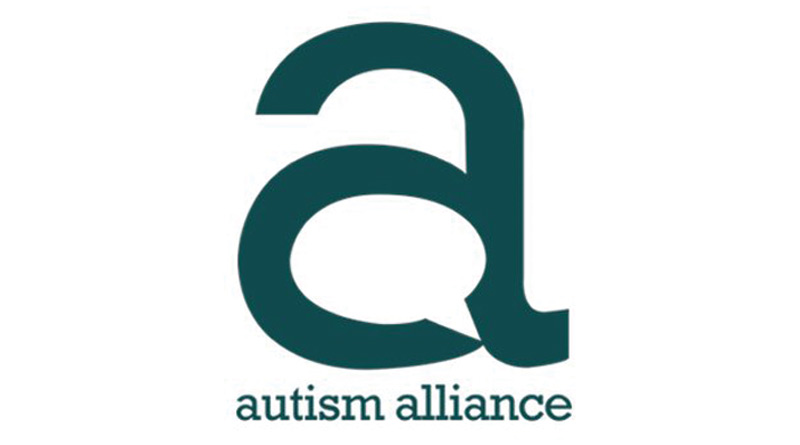Over 10,000 Autistic Adults Are Not Receiving The Social Care They Need
The Government is failing autistic adults, with over 10,000 people not receiving the care they are legally entitled to, putting them at risk of breakdown, admission to mental health hospitals and worsening life chances. Lack of funding from Government means the Care Act 2014, which states that eligible adults must receive support, is being broken daily.
Autism Alliance’s Breaking Point Report is based on an audit by economists Cordis Bright and surveys of autistic adults and their families. It reveals 77% of autistic adults reach crisis point before care is provided. Cordis Bright’s analysis also shows for the first time that the cost of closing the gap in specialist care provision for autistic adults is likely to be between £70 million and £140 million, equating to between just 0.4% and 0.7% of current adult social care spend in England.
Autistic adults can have hugely diverse needs and experiences. Recognising this, social care plays an essential role in helping autistic people live happier, healthier, longer, more productive lives. The gap in care revealed in Breaking Point relates primarily to autistic adults with a moderate learning disability.
Effective support can vary from helping with personal care to arranging hospital appointments. Specialist care providers that understand autism and use person-centred approaches can help autistic adults live well in their communities, enable some to work, and prevent the escalation of need that frequently leads to crisis, and ultimately to avoidable mental health hospital admission.
There are over 1,300 autistic people currently detained in mental health units, when they could be living well in their communities. It is widely recognised that for most autistic people, care in an inpatient unit is rarely helpful and can be deeply damaging. Baroness Hollins’ four-year report recently spelled out that autistic people with learning disabilities are being “warehoused” in hospital wards and concluded: “There is an urgent need for radical reform to address the crisis in care for disabled adults of working age.”
The Breaking Point Report also reveals:
• 48% of autistic adults receiving social care feel it doesn’t meet their needs
• 44% of autistic adults wait more than 2 years for social care provision
• 58% of autistic adults receive poor support during the process of trying to get social care
• 56% of autistic adults don’t try to get social care because they don’t think they’ll get it
The Breaking Point Report calls for Government to close the funding gap either through additional investment, or by shifting existing funding from crisis inpatient services to the right support in the community. (4) It also recommends closer partnerships between local authorities, local NHS services, care providers, the Care Quality Commission and mental health services to address barriers preventing autistic people and their families accessing specialist care and support.
Adam Micklethwaite, Director of the Autism Alliance, says: “The human cost of the failure in social care is unacceptable, and autistic adults and their families are at breaking point. Government must act to end this human rights injustice.
“Investment is vital, but we also need reform: better understanding of autism and more support for specialist care providers. The principles of good care for autistic people would improve care for everyone, and the voices of autistic adults and their families should be a guide to wider reform of social care.”
Sir Robert Buckland KC, Chair of the All-Party Parliamentary Group (APPG) on Autism and the APPG on Learning Disability, says:
“Despite many commitments to improve the lives of autistic people, plans to build the right support in communities are not working. Autistic people should not have to reach crisis before support is provided and should never be detained in mental health hospitals.
“The injustices faced by autistic people and people with a learning disability need to end. The Government should urgently consider its plans, and all parties should, as a priority, set out how they can make real progress on this in the next Parliament: which must include plans for a new Mental Health Bill which should have been part of this year’s King’s Speech.”
Alex Rook is a respected human rights lawyer at Rook Irwin Sweeney whose work focuses on achieving social justice. He acts for individuals, charities and companies in the full range of judicial review cases, with particular specialisms in health and social care, procurement, mental capacity and human rights law.
Alex says: “We are regularly instructed on behalf of autistic adults and/or their families, where local authorities are not meeting their legal duties in accordance with the Care Act, and where a lack of funding appears to be the main obstacle. Autistic people and people with a learning disability often bear the brunt of this lack of funding because their specific needs go unmet. It is clear that at the national level, serious discussion is required about how the social care system can fulfil its functions as defined in the law.”






